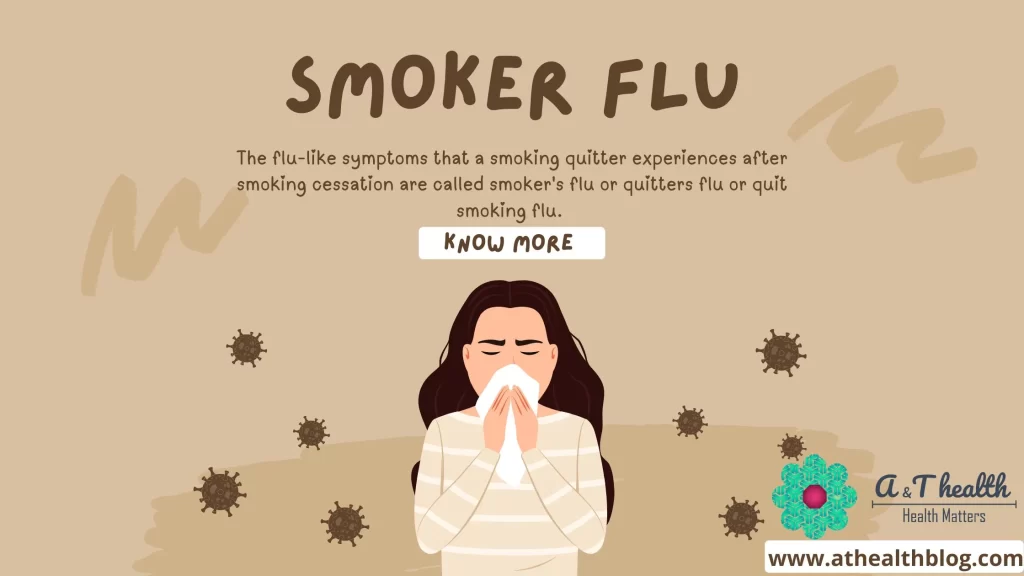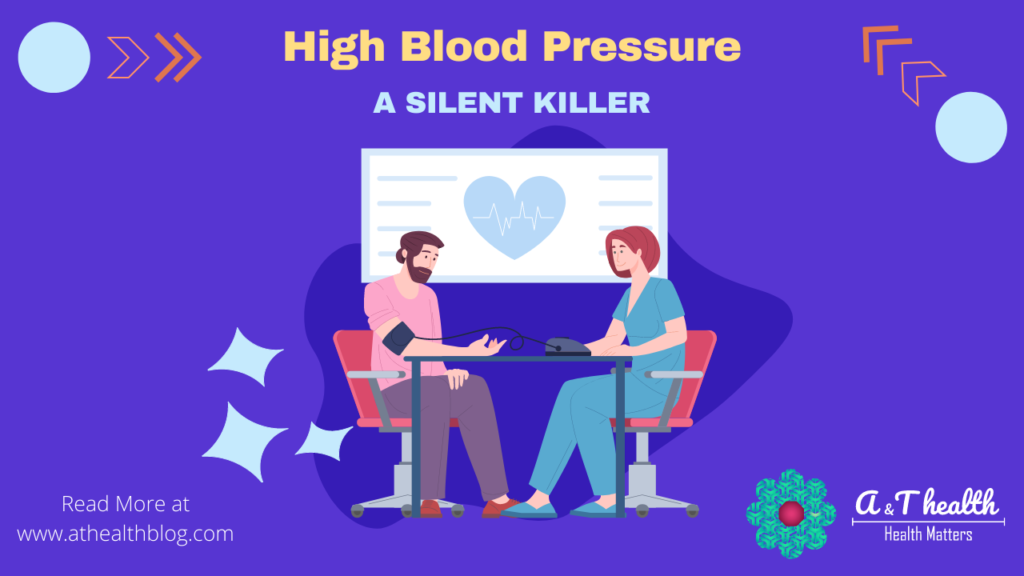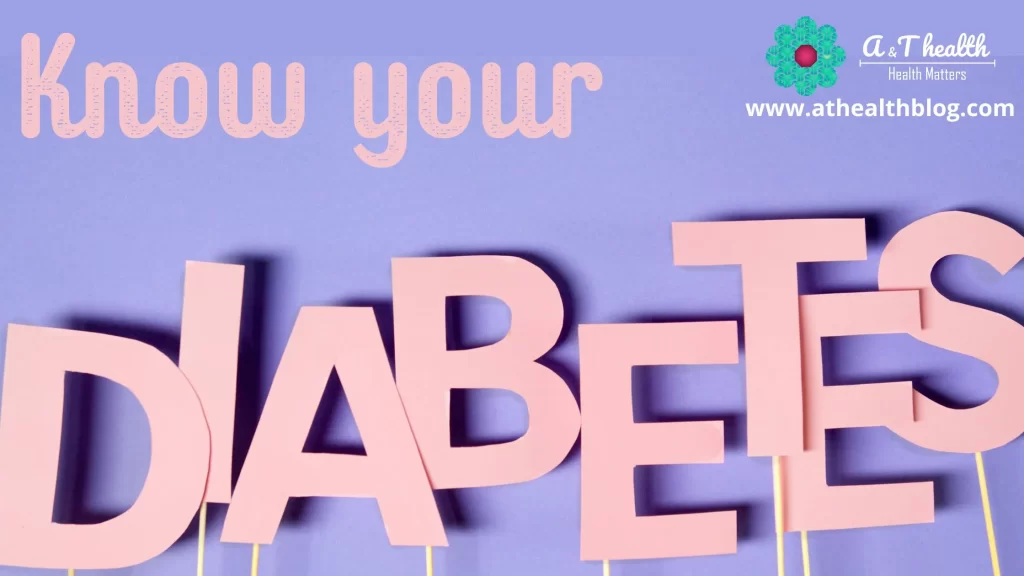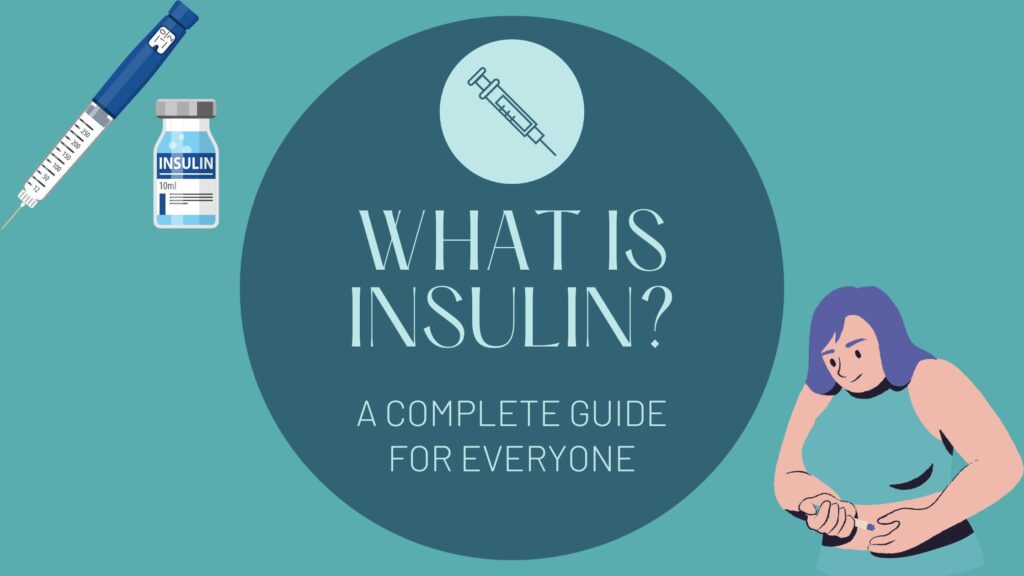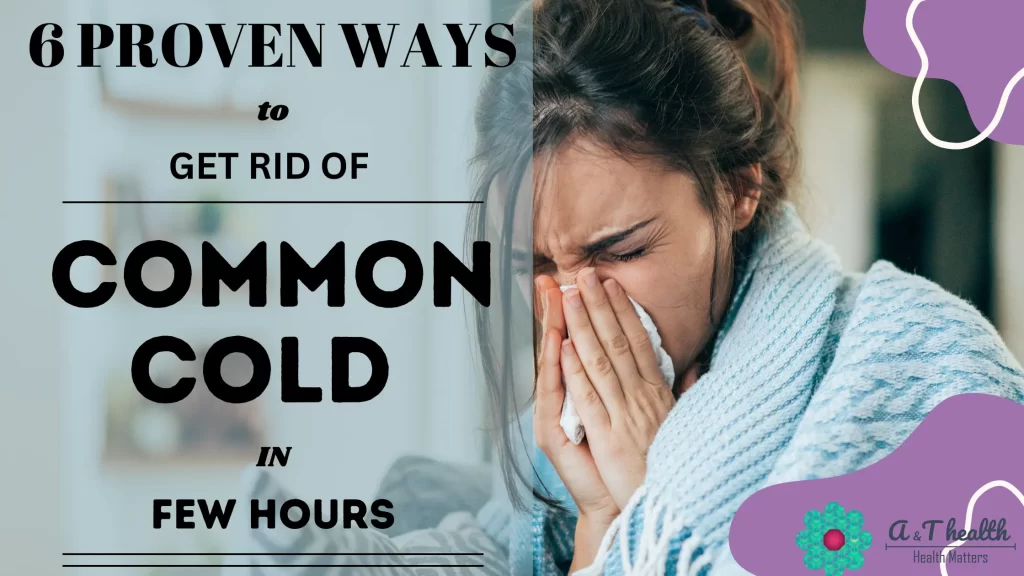The flu-like symptoms that a smoking quitter experiences after smoking cessation are called smoker’s flu or quitters flu or quit smoking flu.
Why do you experience flu-like symptoms after quitting smoking? Is this normal, or should you worry? Can quitting smoking make you sick? And if it’s bad for you? We explained everything in this blog.
You’ll learn: What’s the “smoker’s flu” or “quitter’s flu,” and why does it happen? What are the symptoms of the smoker’s flu? How can you tell if you’re sick or have the smoker’s flu? What remedies can you follow to manage this?
Answer to: What Is Smoker’s Flu and Is It Dangerous?
The flu-like symptoms that a smoking quitter experiences after smoking cessation are called smoker’s flu or quitters flu or quit smoking flu.
People name it with different names, but it’s all the same. So, you should know that it is not a disease, it is not an infection, it’s not harmful or dangerous for you, and it is not contagious. So, what is it then?
Smoker’s flu is simply the nicotine withdrawal effect, the process your body goes through when detoxifying nicotine and healing you after you stop smoking. It happens when nicotine and other cigarette toxins leave your body.
Withdrawal starts just after 45 minutes after you stop smoking a cigarette. So when you are a smoker, you always have the withdrawal symptoms, day in and day out.
But when you quit smoking, these withdrawal symptoms become intense and eventually end. It is vital for you in the long run as your body needs to heal and detox after you quit smoking.
Nobody ever got harmed or died as a result of quitting smoking. On the contrary, smoking is potentially dangerous to your health as it increases the risk of many diseases like cancer, respiratory infections, influenza, and coronavirus.
So if you think quitting makes you sick, don’t because it detoxifies and prepares you to set to a nicotine-free state and decreases your chance of falling ill.
1. Smokers Flu, How Long Does It Last?
Smoker’s flu is temporary and may last from a few days to weeks, depending upon a person’s
- Overall health
- Diet and nutrition
- Exercise and physical activity
- Mindset and willpower
- Use of nicotine substitutes
The good thing is that generally, it starts getting better just three days after the smoking cessation.
2. How Is Smoker’s Flu Different From Ordinary Flu?
The smoker’s flu is not the flu but a flu-like withdrawal symptom of nicotine cessation. You may feel symptoms similar to common flu symptoms but do not have any infection. A common cold flu is infectious and contagious, and you also have a fever. In smoker’s flu, the significant difference is that you will not have a fever. Typically, your body is healing and recovering from nicotine toxicity, and it will take a few days to return to normal.
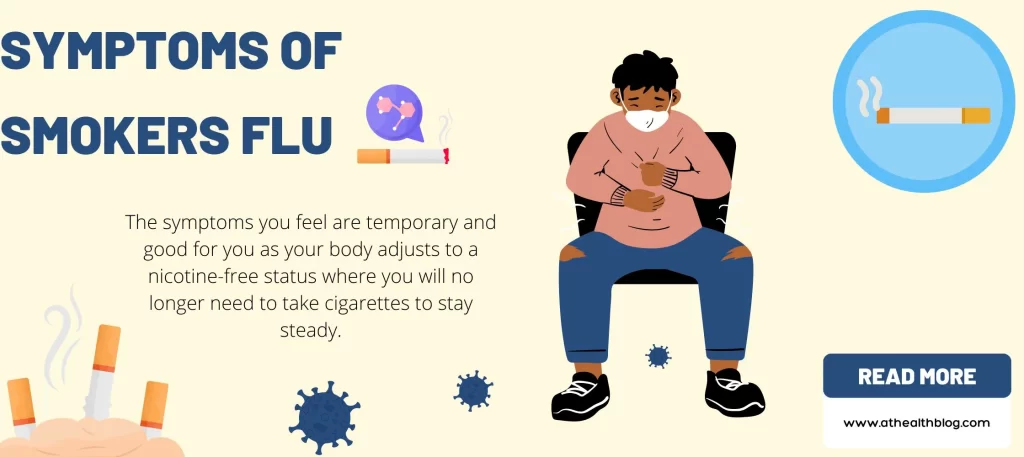
3. Smoker Flu Symptoms:
Some examples of smoker’s flu common symptoms are;
- Cough
- Runny and stuffed nose
- Sneezing
- Chest tightness
- Sore throat
- Sore gums
- Throat irritation
- Body pains
- Postnasal drip
Other associated symptoms include;
- Lack of mental clarity
- Inability to focus
- Agitation
- Tingling in hands and feet
- Physical and mental cravings
- Anxiety
- Dizziness
- Insomnia
- Headache and myalgia
- Constipation and others.
Of course, you will not have all of these symptoms. You may only experience some of these. Symptoms vary depending on your overall health, the diet you take, your mindset, and your daily physical activity. The symptoms you feel are temporary and good for you as your body adjusts to a nicotine-free status where you will no longer need to take cigarettes to stay steady.
4. Smoker Flu Remedies:
Smoker’s flu generally goes away in itself after a few days. Still, some people need treatments to minimize symptoms, as it helps them stay motivated to avoid smoking successfully. Here are some tips and remedies that a smoking quitter can follow.
Tips To Follow Before You Quit Smoking
Know What Can Happen?
Prior knowledge of the symptoms you might face after smoking cessation will psychologically put you in a more robust state to cope with them if any. Do a quick research to learn about smoker’s flu and other quitter’s symptoms beforehand.
Quit Gradually
It is more likely for a quitter to experience minimum symptoms if he gradually reduces daily cigarette consumption over time to none. You can set a zero cigarette day target for a day approaching a few weeks later and progressively reduce cigarette consumption per day to reach your target.
Low Nicotine Products
The first few days after smoking cessation, your body will ask for nicotine intake as it depends on nicotine to function normally. This state is called physical dependence. You may shift from cigarettes to a low nicotine medication to avoid this. Many products like nicotine gums, nasal sprays, nicotine patches, inhalers, and lozenges are available on the market now. These products provide a small dose of nicotine, avoiding other harmful chemicals in a cigarette. They can help you gradually reduce nicotine intake more comfortably without severe withdrawal symptoms.
Tips To Follow After You Quit Smoking
OTC medicines
Use pain relievers for body aches, cough expectorants for expelling mucus out of your throat, laxatives for constipation, and some over-the-counter sleep aids for insomnia. These will help you overcome some common symptoms.
- Keep Yourself Busy
- Physical Activity
- Diet
- Plenty of Rest
- Stay Hydrated
- Honey and Lemon Tea
